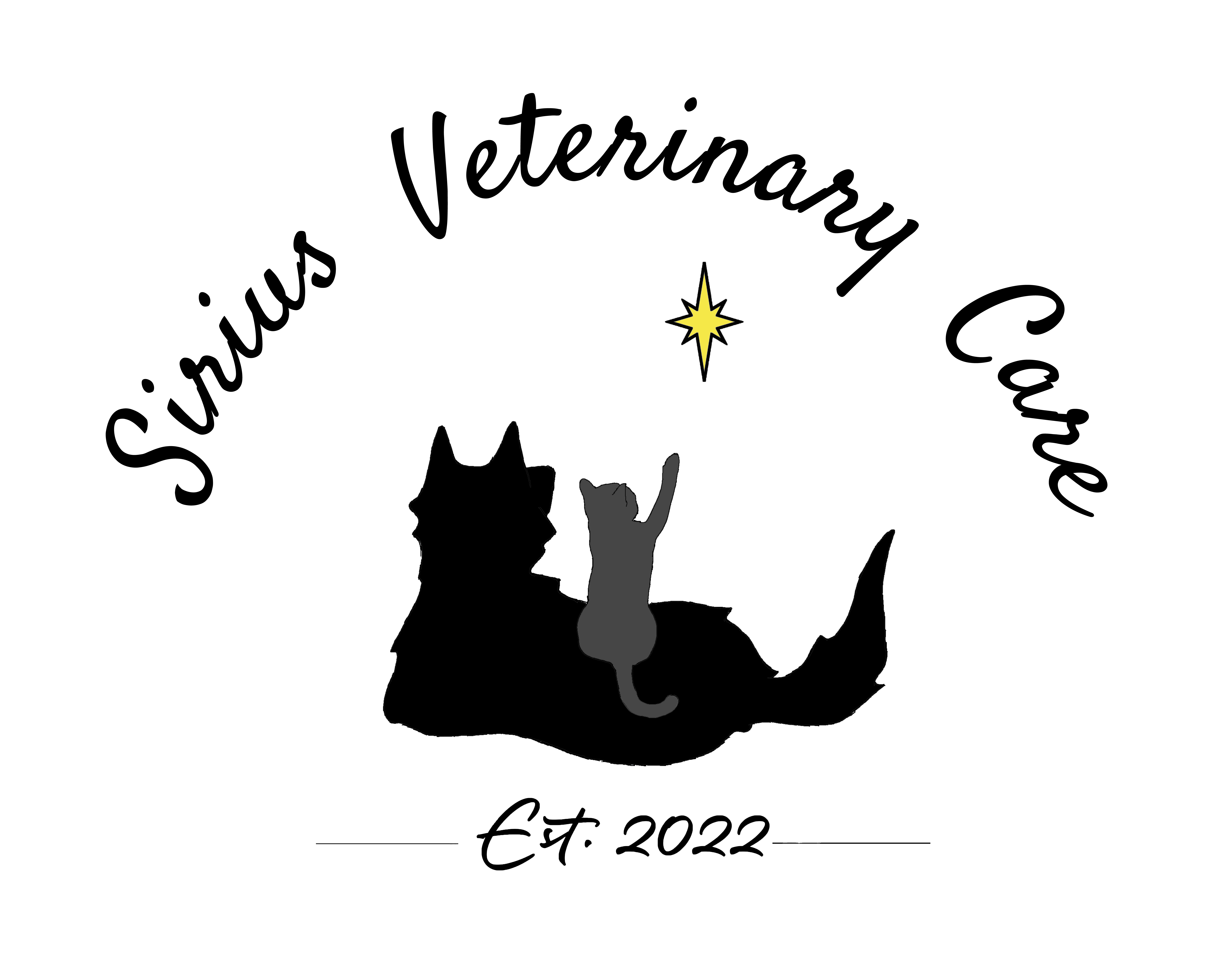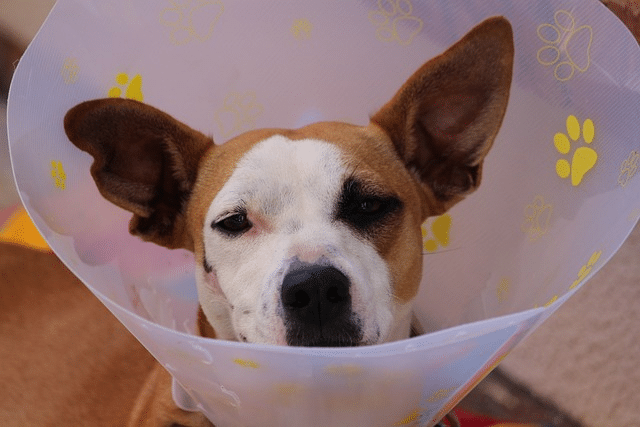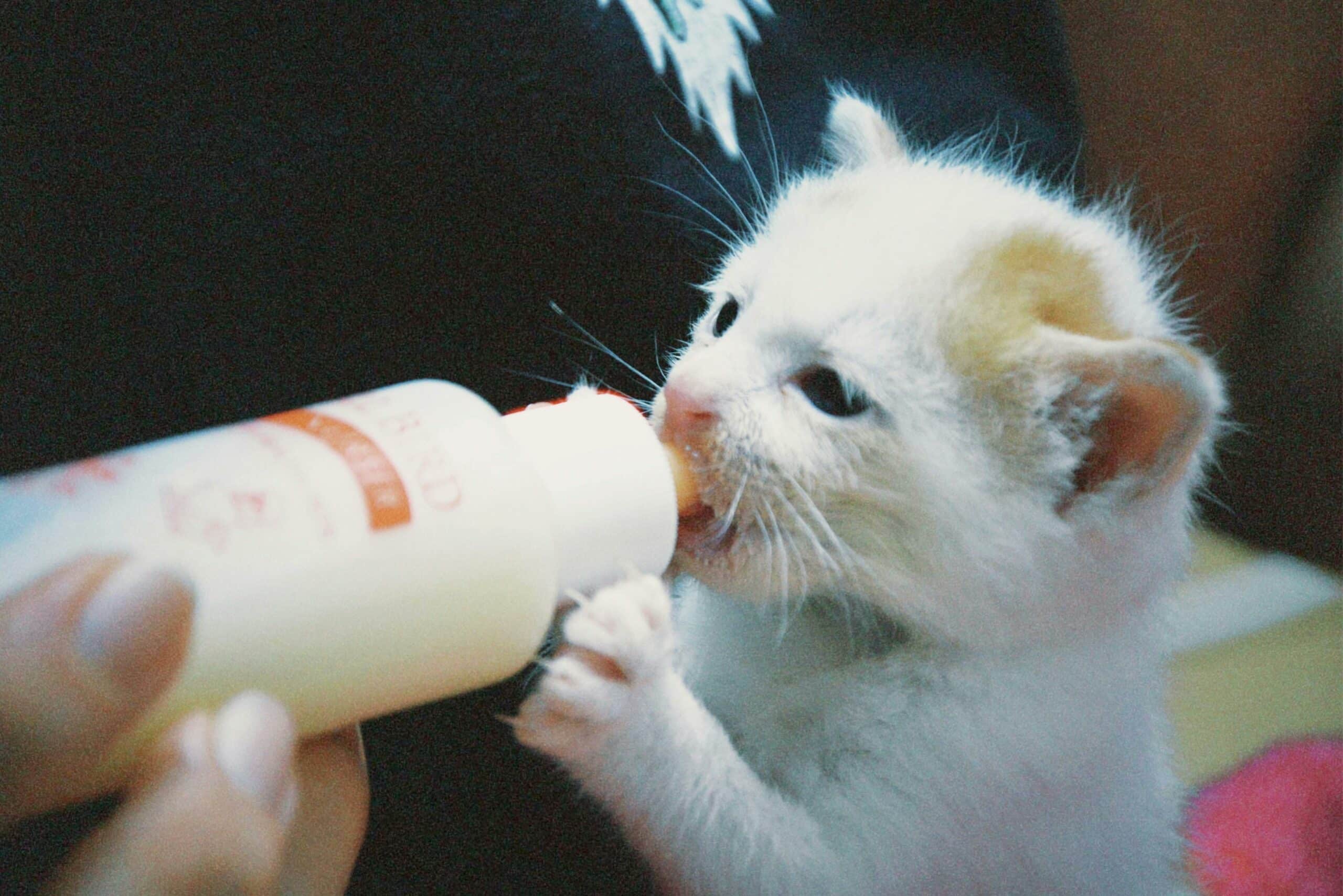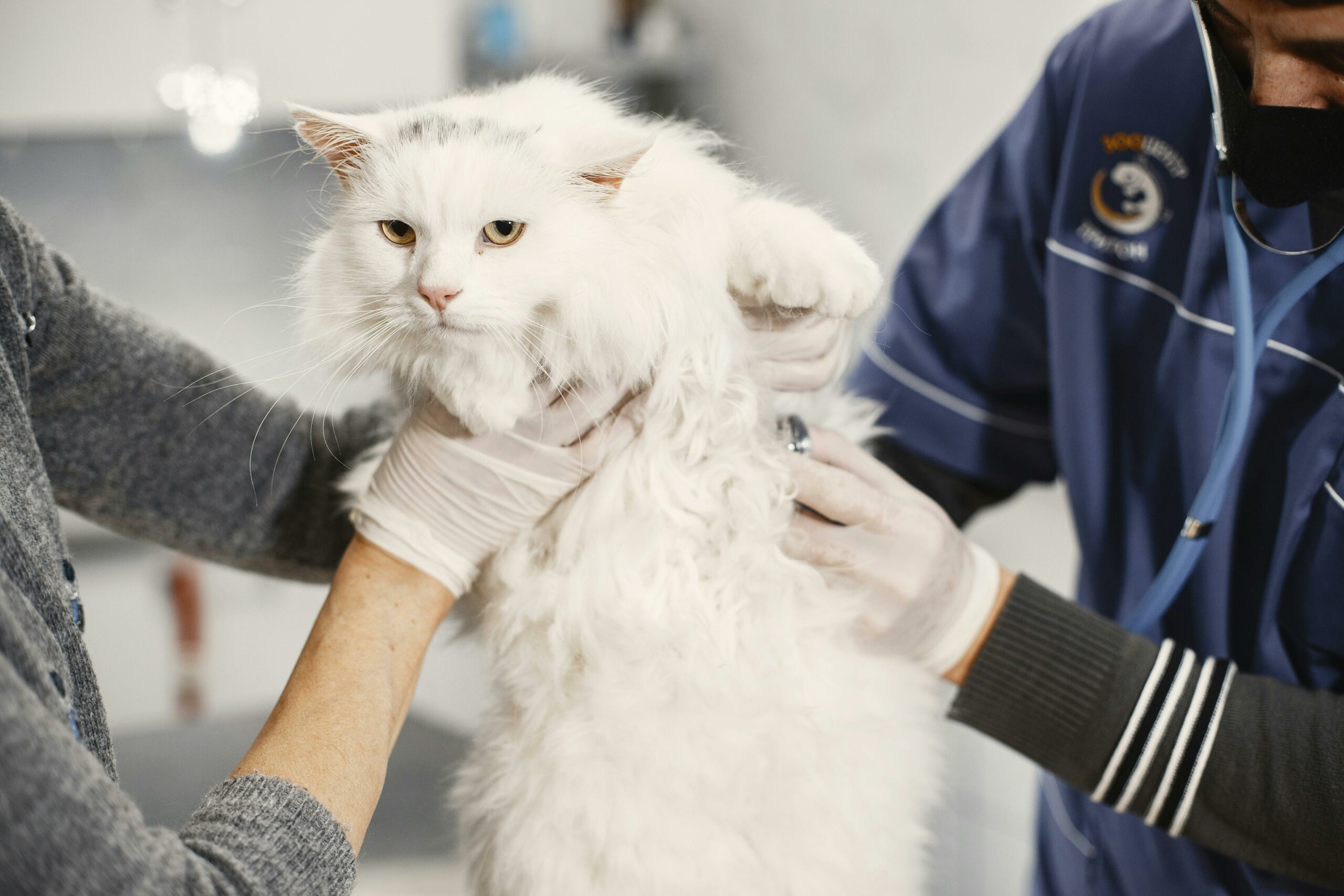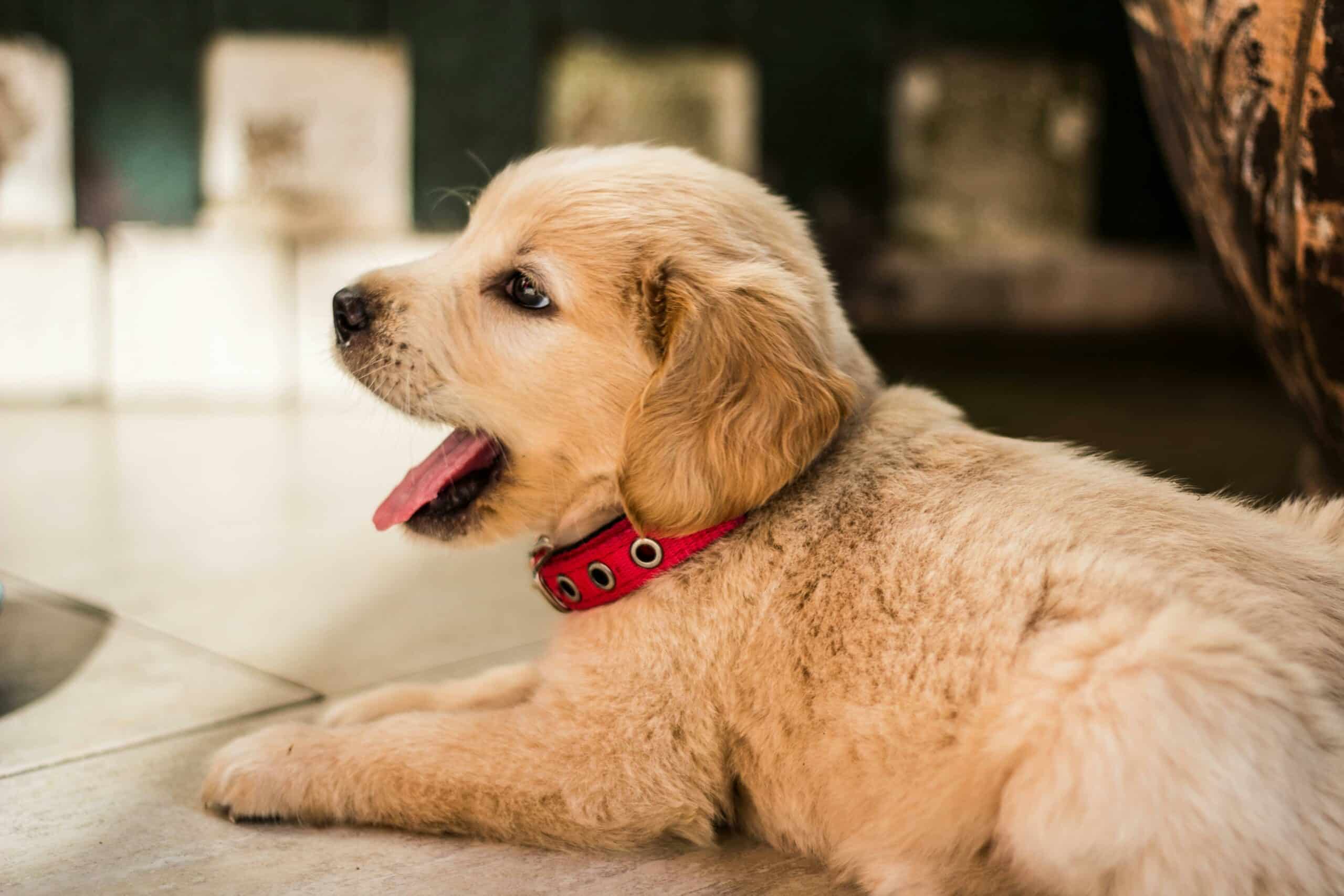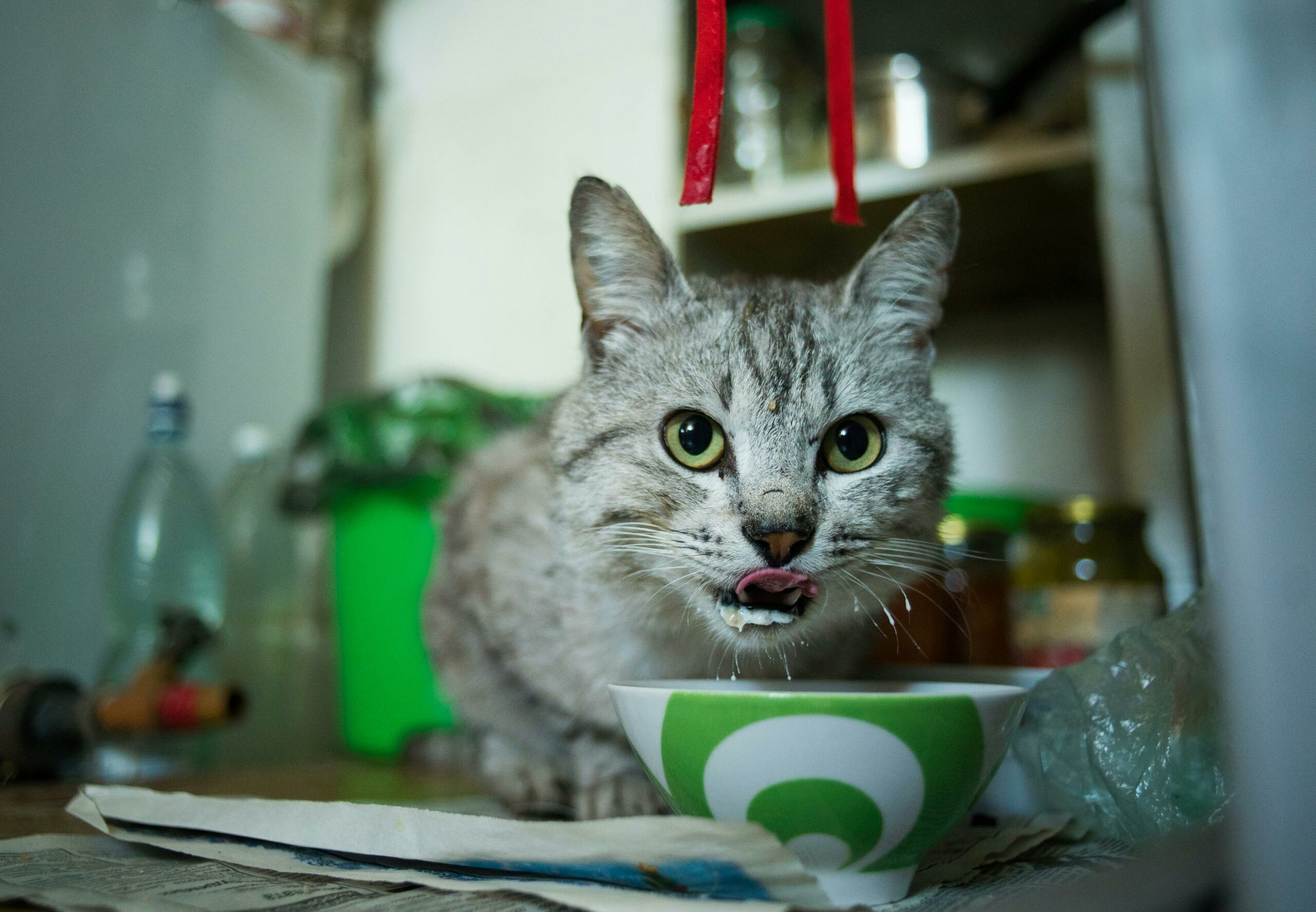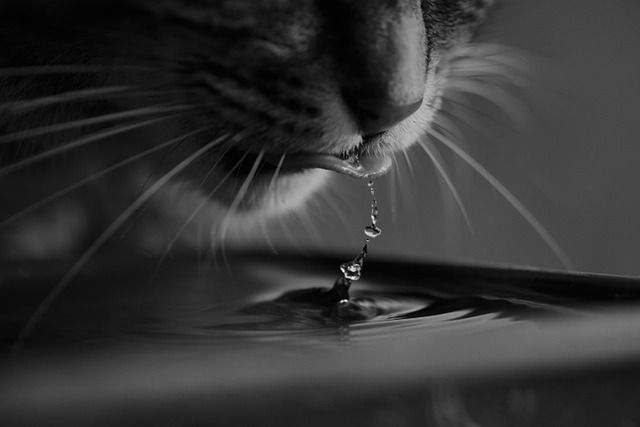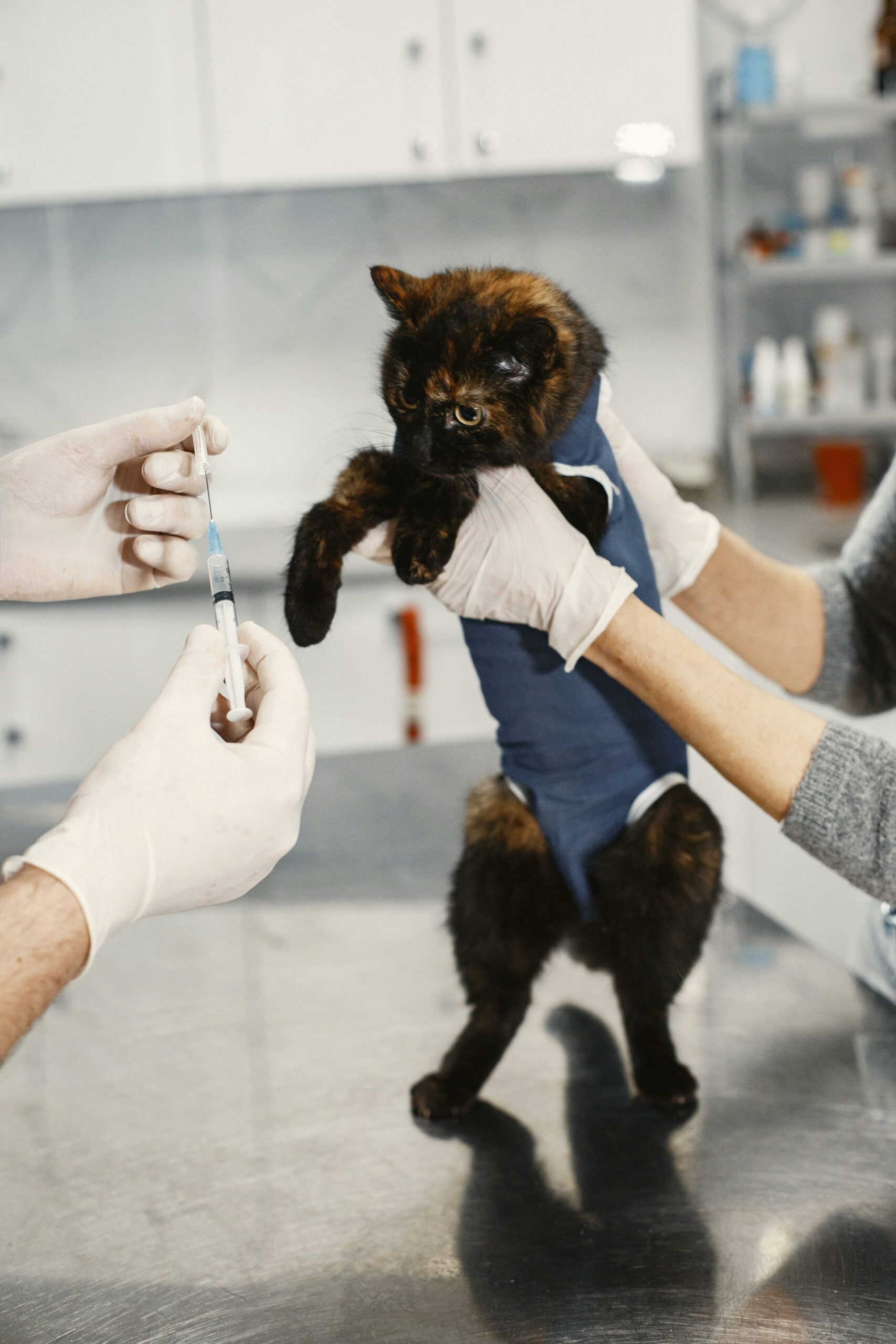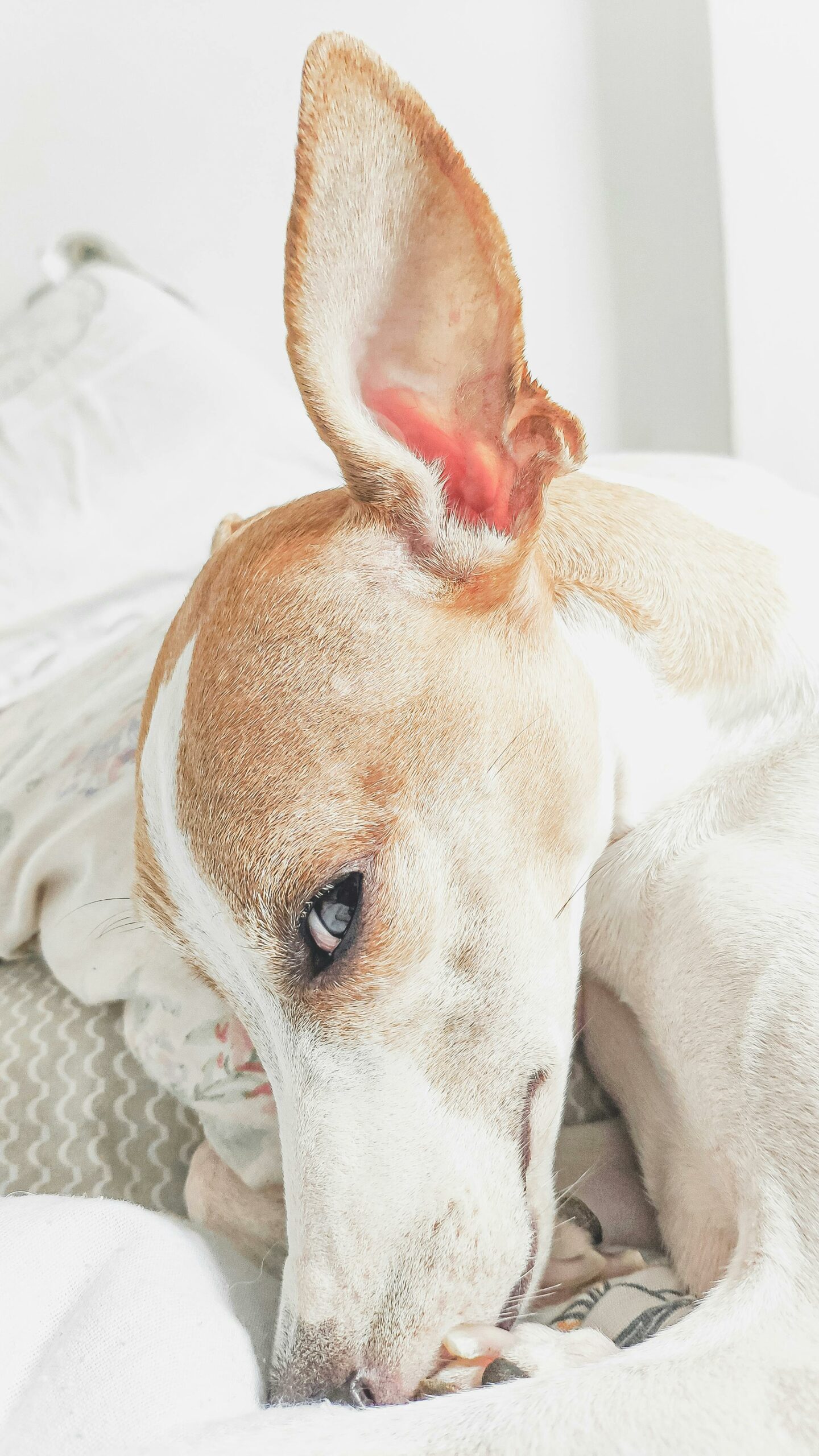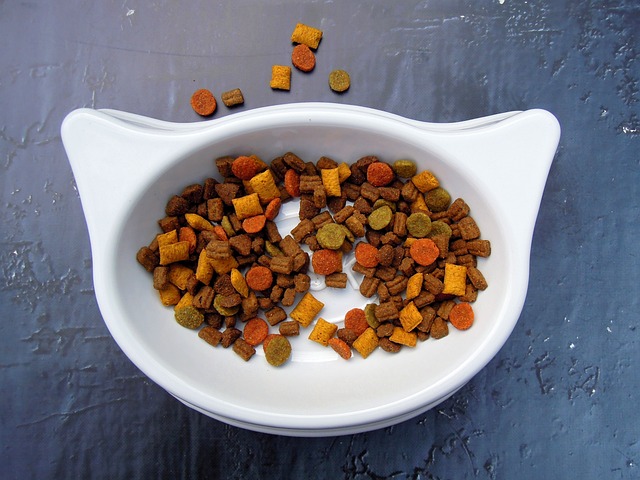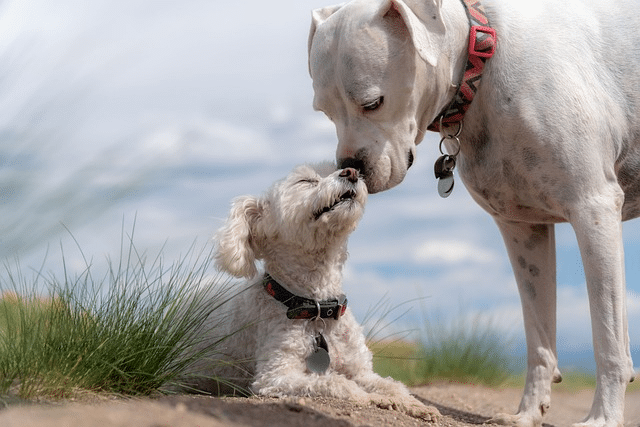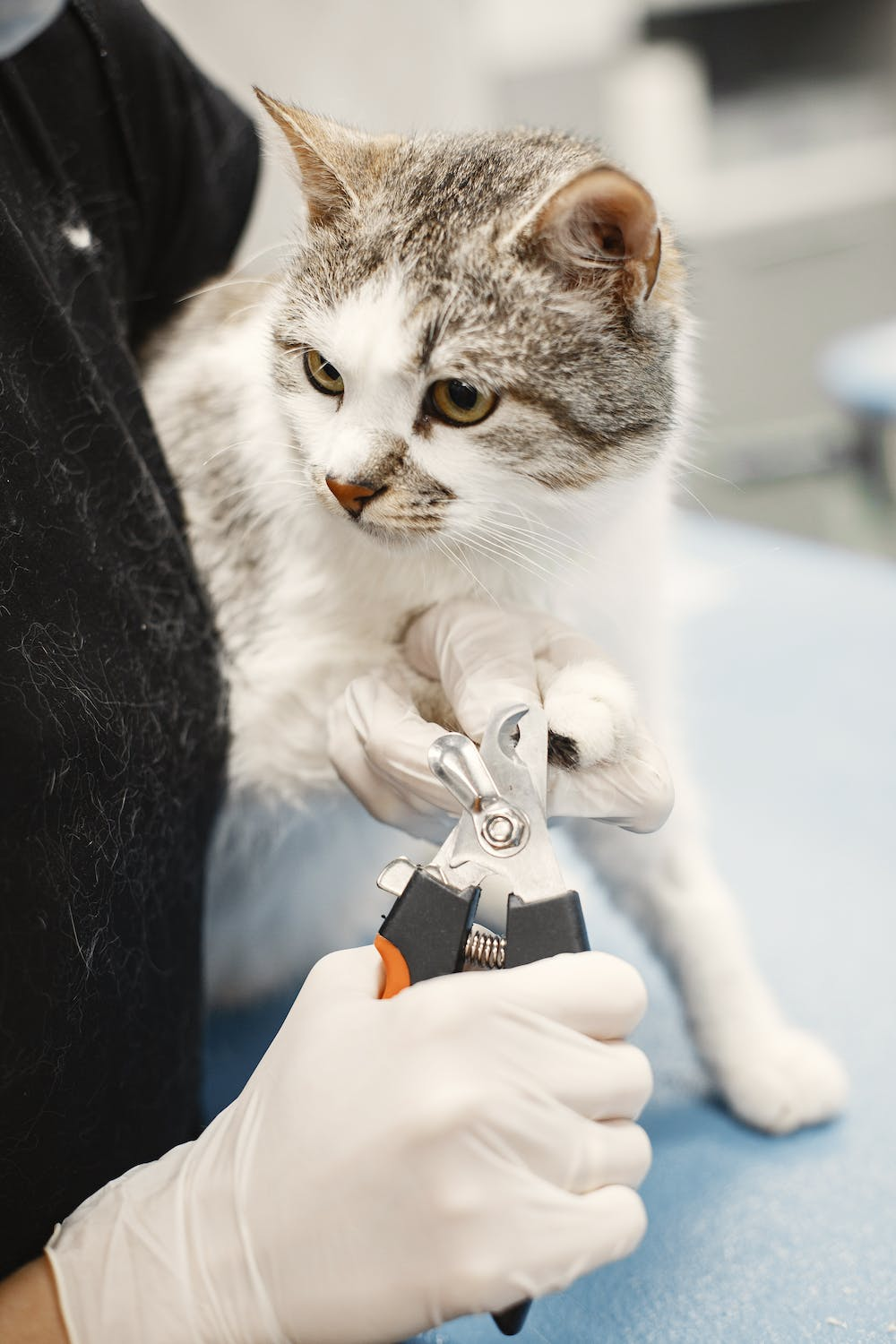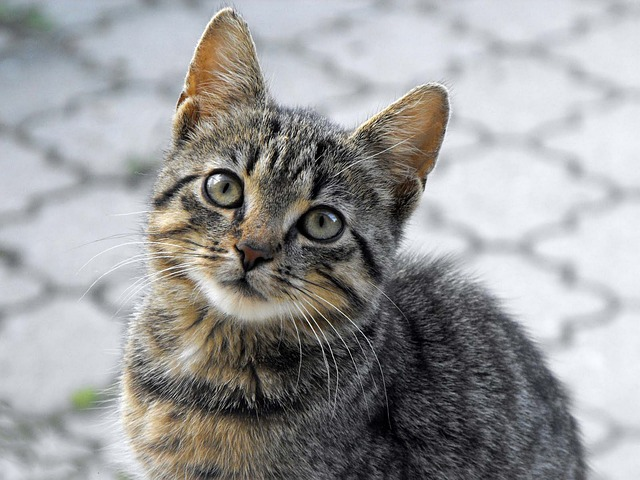Have you ever wondered why is my cat throwing up? As a cat owner, seeing your furry friend vomit can be concerning, especially if it happens frequently. While an occasional vomiting episode may not be alarming, consistent throwing up can indicate an underlying health problem. In this blog post, we’ll discuss the various causes of why your cat is throwing up and the solutions to address these issues.
Hairballs
Hairballs are one of the most common reasons for cats to vomit. As cats groom themselves, they swallow a significant amount of hair, which can accumulate in their stomach. The buildup of hair can cause irritation and discomfort, leading to your cat vomiting. To prevent hairballs, you can groom your cat regularly, provide them with hairball-preventive food, and encourage them to drink more water.
Dietary Issues
A sudden change in your cat’s diet or consuming something they shouldn’t have can cause vomiting. Your cat’s system may not tolerate certain foods well, leading to an upset stomach. Additionally, eating too quickly can cause a your cat’s vomit to regurgitate their food. To avoid dietary issues, make sure to transition your cat’s diet slowly if changing their food and keep track of what they’re eating.
Medical Problems
Several medical problems can cause your cat to vomit frequently, such as kidney disease, hyperthyroidism, liver disease, inflammatory bowel disease and gastrointestinal disorders. If you notice that your cat is vomiting more often than usual, it’s essential to take them to the veterinarian for a checkup. Your veterinarian can assess your cat’s health and recommend the appropriate treatment.
Stress and Anxiety
Cats can experience stress and anxiety, leading to nausea, vomiting, and other health problems. Moving to a new home, adding a new pet, or even changes in daily routine can trigger stress responses in cats. Provide your cat with a calm and comfortable environment and consider providing them with anxiety-reducing supplements or medications if necessary.
Parasites and Infections
Parasites such as worms and infections such as pancreatitis can cause your cat to vomit frequently. Some of the symptoms may include diarrhea, lethargy, and loss of appetite. Make sure your cat receives regular deworming and checkups to prevent and treat any infections or parasites.
When to See a Vet About Your Cat Throwing Up
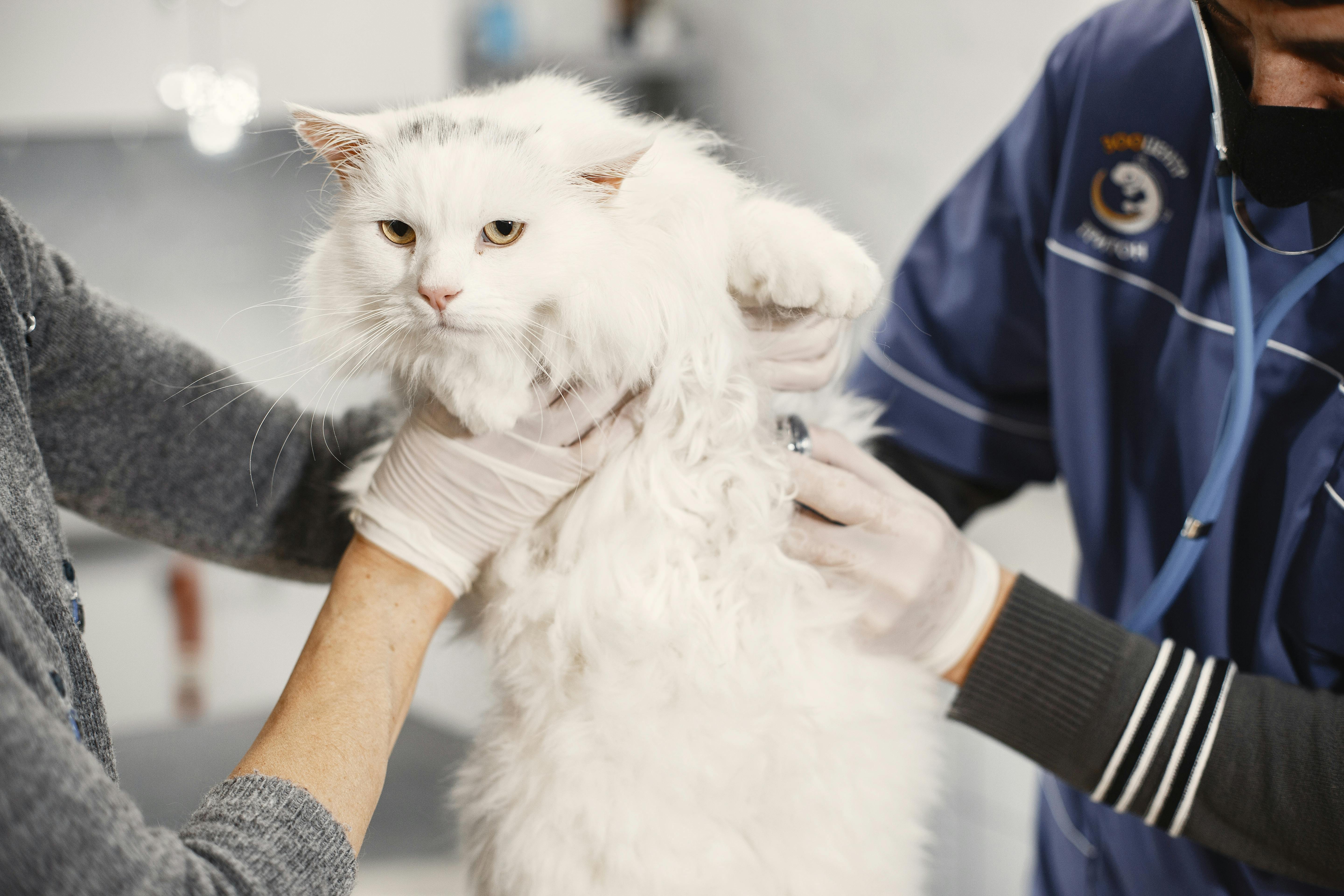
It is common for cats to throw up occasionally, but as a pet owner, it is important to know when to be concerned and take your cat to the vet. Vomiting is a sign that something is wrong with your cat’s health, and it can be indicative of an underlying problem. Below, we will discuss some of the signs that you should watch out for and when you should take your cat to the vet.
Frequent Vomiting
If your cat is throwing up frequently with continuous or severe vomiting, it is a sign that something is not right. If your cat is throwing up more than once a day for a few days, it is time to contact your vet. Frequent vomiting can be a sign of a variety of health issues, such as gastrointestinal problems, urinary tract infection, or kidney failure.
Loss of Appetite
If your cat is showing a lack of interest in food, it is a sign that it may not be feeling well. Loss of appetite can be caused by a variety of factors, including nausea, acute vomiting, pain, or a gastrointestinal issue. If your cat is not eating or drinking anything for more than 24 hours, it is a sign that you should take your cat to the vet as soon as possible.
Dehydration
If your cat is throwing up frequently, it may also become dehydrated. Symptoms of dehydration include sunken eyes, dry mouth, lethargy, and loss of skin elasticity. Dehydration can be dangerous if left untreated, so it is important to take your cat to the vet if it is showing any of these symptoms.
Abnormal Behavior
If your cat’s behavior is changing, it may be a sign that it is in pain or discomfort. Watch out for signs such as hiding, excessive grooming, lethargy, or restlessness. If you notice any of these signs, take your cat to the vet immediately.
Other Symptoms
There are other symptoms that could indicate a problem with your cat’s health. These include diarrhea, blood in stool, vomiting blood, fever, and difficulty breathing. If you notice any of these symptoms, it is a sign that you should take your cat to the vet as soon as possible.
Cats can throw up for many reasons, but it is important to pay attention to the frequency of the cat vomit, and any other symptoms that your cat might show. Contact your vet if you are unsure about your cat’s health, and make sure that you take your cat for regular check-ups to catch any problems early. Remember that early intervention is key to keeping your cat in good health and preventing any serious health issues.
How to Prevent Your Cat from Throwing Up
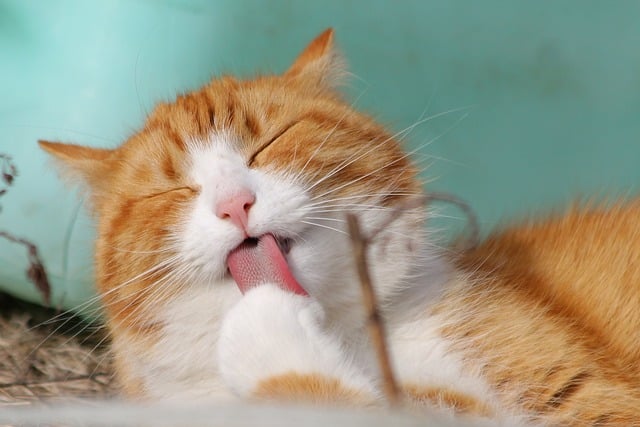
If you are a cat owner, you must know by now that your feline friends have a tendency to throw up from time to time. Seeing your cat throw up can be a common occurrence but it is important to keep track of how often your cat is experiencing this. Cats may throw up due to various reasons including hair build-up, eating too fast, allergies, underlying medical conditions, or eating too much. Next, we will be discussing some tips and tricks that you can follow to prevent your cat from throwing up and keep them healthy.
Feed your Cat Smaller Portions
One of the main reasons why cats throw up is because they consume large portions of food. Instead of free feeding all day, try feeding them smaller portions more frequently. This can help your cat digest the food more easily and prevent them from throwing up.
Slow Down your Cat’s Eating Habits
Another common reason for cats throwing up is that they tend to eat too fast. This can cause the cat to regurgitate their food. You can try using a slow-feed bowl or feeding your cat smaller portions more frequently to prevent them from eating too fast.
Switch to a High-quality Cat Food
Feeding your cat a high-quality cat food can help prevent throwing up. Look for a cat food that is high in protein and low in grains, fillers, and artificial preservatives to prevent spoiled cat food.
Make Sure They are Well Groomed
Cats collect a lot of hair in their stomachs during their daily grooming routine. If not regularly attended to, this hair can cause the cat to throw up. Brushing your cat’s fur a couple of times a week can help prevent hair build-up and prevent your cat from throwing up.
Regular Vet Check-ups
Regular vet check-ups are an essential part of keeping your cat healthy. Your vet can help diagnose and treat underlying medical conditions that may be causing your cat to throw up. They can also advise on any other precautions and changes to your cat’s diet that you can undertake to prevent throwing up.
Preventing your cat from throwing up is achievable with some simple lifestyle adjustments. Feeding smaller portions regularly, limited food portions, using a slow-feed bowl, providing high-quality food, grooming regularly, and regular vet check-ups are just a few things that can be helpful in controlling this issue. By following these tips and tricks, you can keep your cat healthy and happy for years to come.
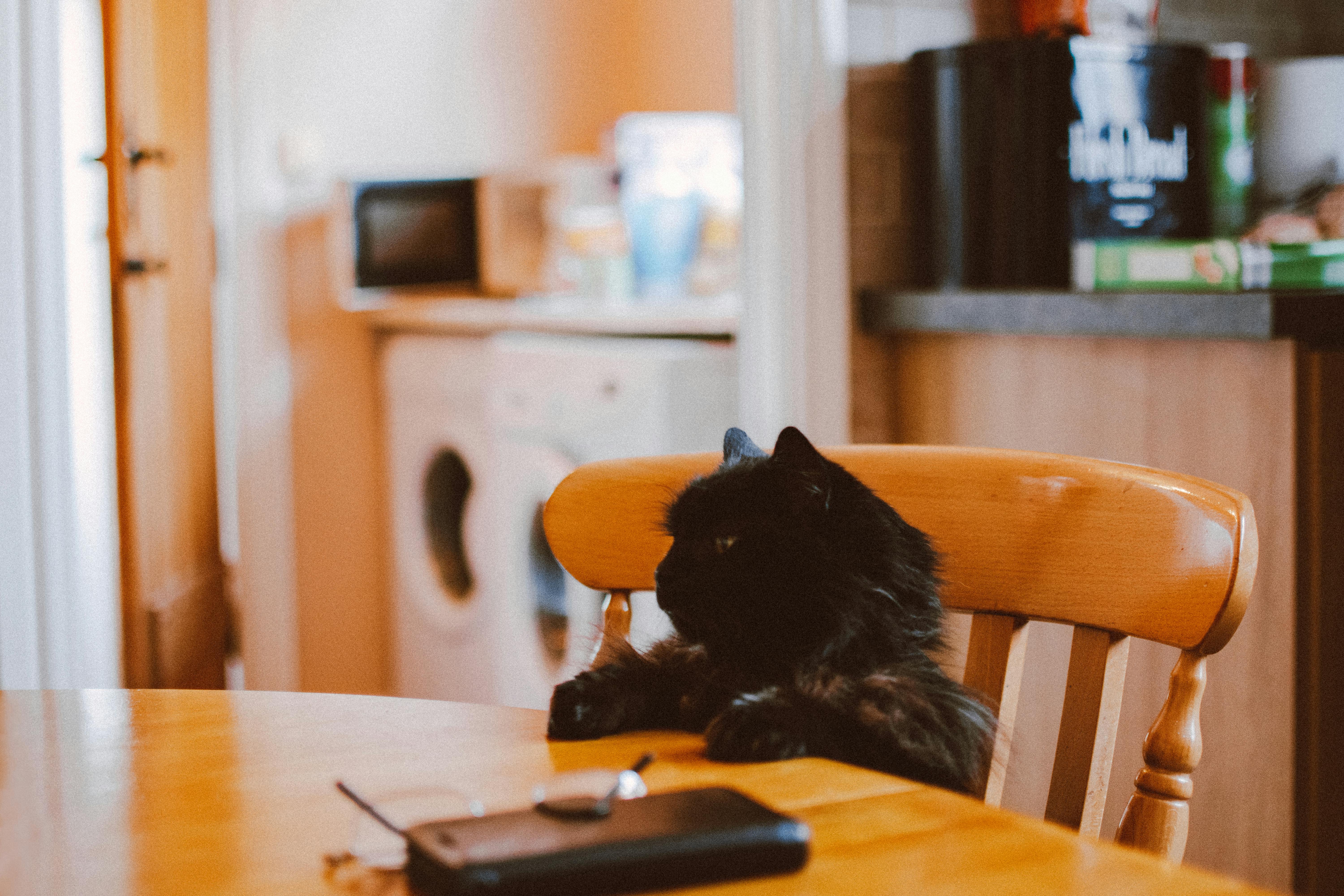
Let’s discuss the types of food you can give your cat to prevent them from throwing up.
1. Give your cat wet food
One of the most common reasons for cat vomiting is because of the type of food they’re eating. Dry food can be too harsh on your cat’s stomach, leading to digestive problems and vomiting. Switching to wet food can help prevent this. Wet food is easier for cats to digest, and it also provides them with more moisture, keeping them hydrated and healthy.
2. Avoid dairy products
Many cats are lactose intolerant and can’t digest dairy products well. When cats consume dairy products, it can cause stomach upset, leading to vomiting. If you want to treat your cat’s symptoms with a milk substitute, there are lactose-free products available in the market. Still, it’s best to avoid dairy products altogether to prevent your cat from experiencing digestive problems.
3. Stick to a single protein source
A cat’s digestive system is designed to digest animal protein. However, feeding them too many different types of protein can cause digestive issues. It’s best to stick to a single protein source instead of mixing different types. This not only makes it easier for your cat to digest but also reduces the risk of allergic reactions.
4. Avoid feeding your cat table scraps
Table scraps, while tempting for your cat, can be harmful to their health. Human food is often seasoned with spices, salt, and other additives that can cause stomach upset. If you want to give your cat a treat, opt for cat-specific treats instead of feeding them human food.
5. Offer small, frequent meals
Feeding your cat one big meal a day can cause digestive issues, leading to vomiting. Instead, offer small, frequent meals throughout the day. This not only helps your cat digest the food better but also prevents them from overeating, which can cause vomiting.
Your cat’s diet plays a massive role in their overall health, including the occurrence of vomiting. The tips we’ve discussed here will help you choose the right food for your cat, preventing them from experiencing digestive issues and chronic vomiting. However, if your cat’s vomiting persists, we recommend consulting your veterinarian for an accurate diagnosis and treatment. With a healthy diet and proper care, your cat will have a long and happy life.
Whether it’s hairballs, dietary issues, medical problems, stress and anxiety, or parasites and infections, it’s important to identify the root cause and take appropriate measures to address it. By monitoring their behavior, nutrition, and health, you can ensure your cat will stay in tip-top shape.
If you have any concerns about your cat’s health, Sirius Veterinary Care will answer any questions or concerns so you can be rest assured that your cat is happy and healthy.
